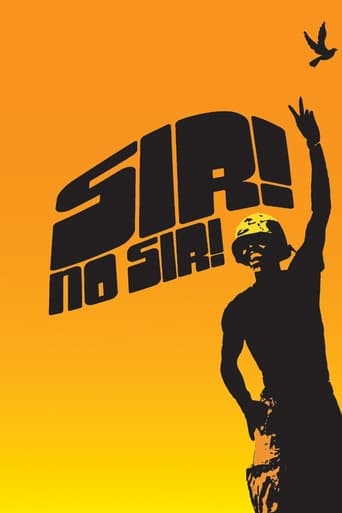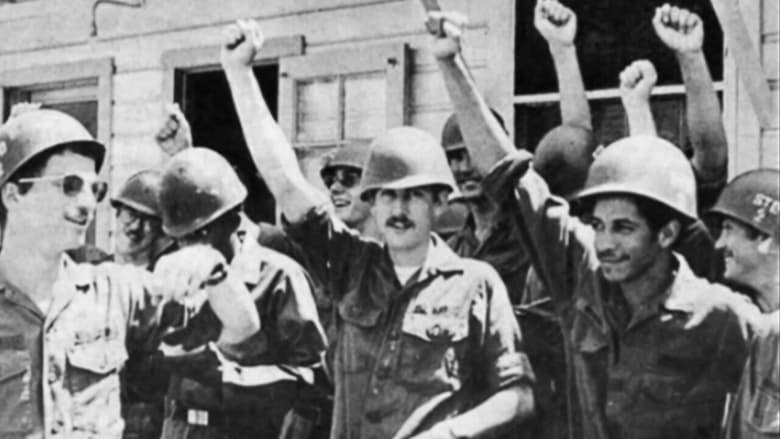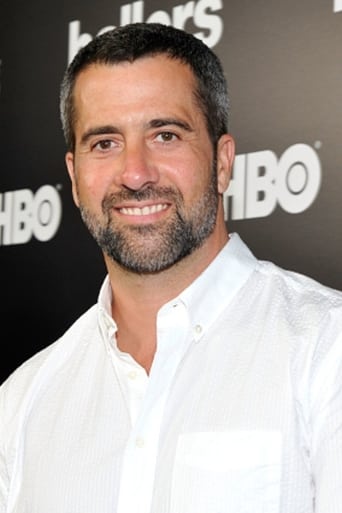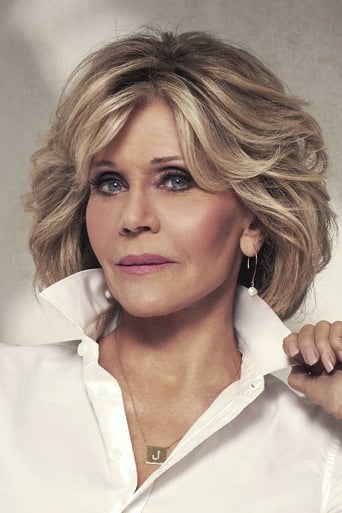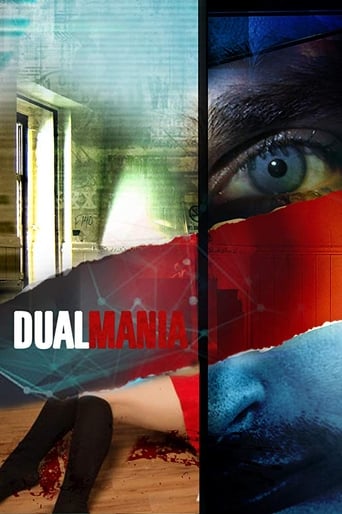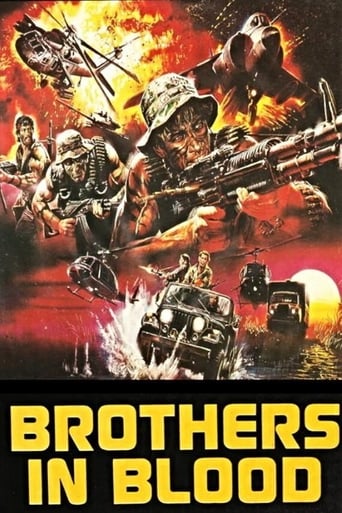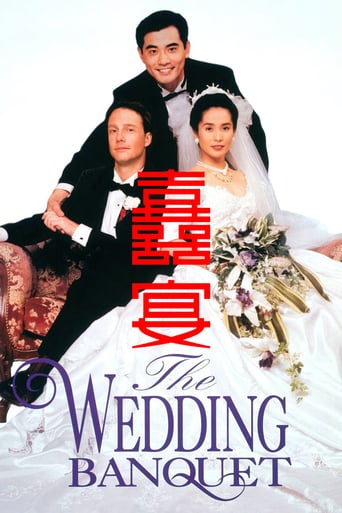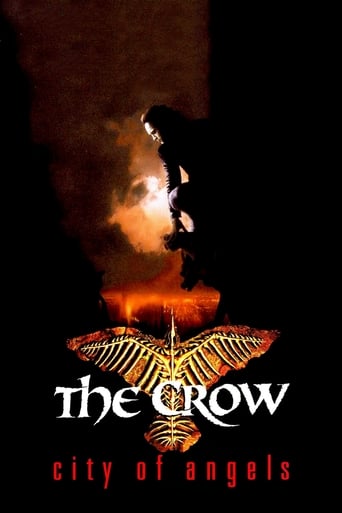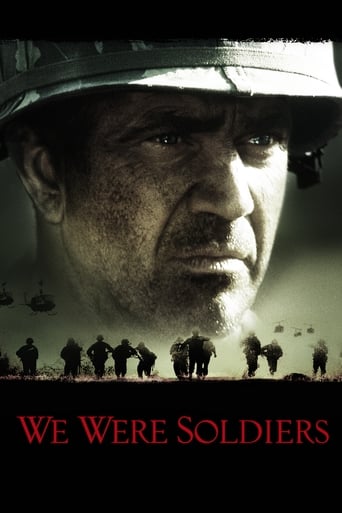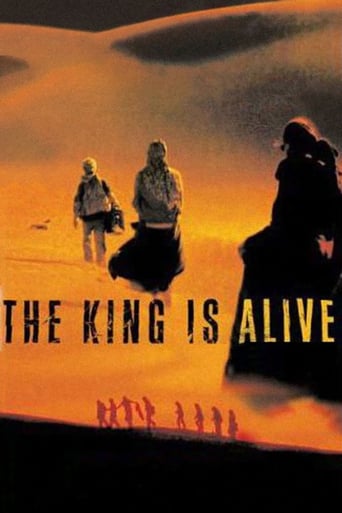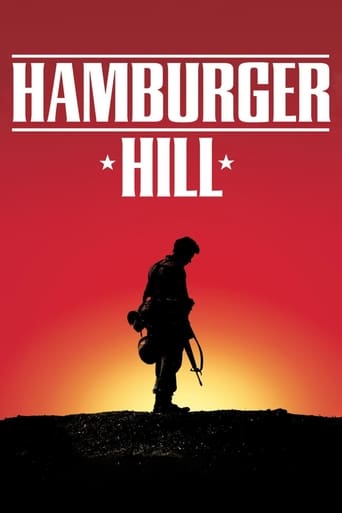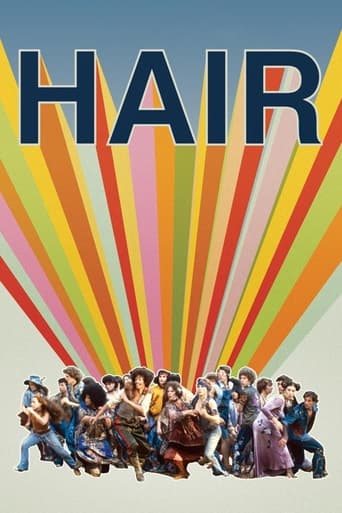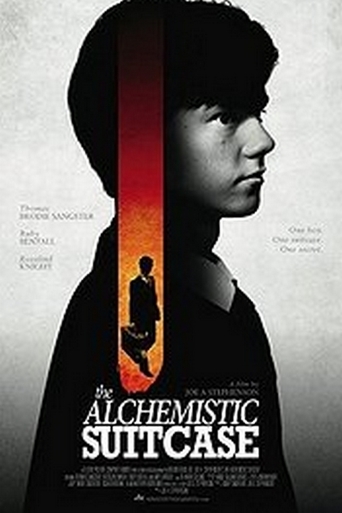Sir! No Sir! (2005)
Sir! No Sir! is a documentary film about the anti-war movement within the ranks of the United States Military during the Vietnam War. It consists in part of interviews with Vietnam veterans explaining the reasons they protested the war or even defected. The film tells the story of how, from the very start of the war, there was resentment within the ranks over the difference between the conflict in Vietnam and the "good wars" that their fathers had fought. Over time, it became apparent that so many were opposed to the war that they could speak of a movement.
Watch Trailer
Free Trial Channels
Cast


Similar titles
Reviews
Pretty Good
Don't Believe the Hype
There are moments that feel comical, some horrific, and some downright inspiring but the tonal shifts hardly matter as the end results come to a film that's perfect for this time.
It really made me laugh, but for some moments I was tearing up because I could relate so much.
Who are returning from Iraq, who have questions and no answers.I was interested in this film because Jane Fonda (demonized by the recent influx of right wing media hate mongers) clearly was proud of her position against the Vietnam War.There are so many officers and people who lived through this. The doctor who protests being a trainer for new recruits, he mentions how dermatologists were used by the army so they could aid the Vietnamese to thinking the U.S. was helpful, even while bombing their villages. Victims were women, children, and the elderly. It is sad to me that no one hears the truth in todays corporate media.Anyone who was born in the 70's or 80's must see this film to get a real picture of what was happening at that time. The My Lai Massacre and other atrocities. The only way I became familiar with the resonance of destruction was having read poet Anne Sexton's "My Lai Soldier" and I was interested to read and research what actually happened in Vietnam.It is so important since we are yet going through more troubled times as a nation, the wars and what they do to humanity should be understood, and learned from. Noteworthy also, I don't recall being taught about Vietnam in honors history, American History taught the colonial days and founding fathers. Something young people should be learning about as they are at a recruit-able age in high school. Highly recommended to anyone wanting to learn the disturbing facts and reality. 10/10.
By 1968 the civilian anti-Vietnam war movement was beginning to expand, young men were escaping to Canada to avoid the draft, and former combatants were starting to protest the war. Like most Americans, I had no idea that at the same time there was a snowballing anti-war movement taking place right within the ranks of active duty military personnel.Awareness of the disconnect between Pentagon and White House rhetoric, on the one hand, and realities on the ground in Vietnam, on the other, especially our massive extermination of civilian lives, began to seep through every pore within the military, prompting protests that were strikingly varied, creative, and, while often made up of small, localized actions, collectively impressive. To the point that by 1971, as one army colonel put it, the active GI anti-war rebellion had "infested the entire armed services." David Zeiger, writing and directing his first feature for the big screen, does a splendid job of pulling together the stories of participants in this unprecedented, diffuse, largely unorganized, multicentered movement. There are plenty of talking heads, but they aren't experts, they're people reminiscing today about their personal antiwar activities 35 years ago while on active duty. (We also see old shots of these same people when they were young and in uniform.) We hear from participants in actions as diverse as the following examples indicate: Proliferation of forbidden antiwar newspapers on military bases; Passive refusal to participate in antiriot actions at the 1968 Chicago Democratic Party Presidential Convention; Boycott of a chain of jewelry stores located near military bases that pandered to men about to go to Vietnam (Their selling point: the prospect of dying in Vietnam made it urgent to buy a bauble for your wife or mother now, before you go. The ads were juxtaposed with photos of soldiers who had recently died).And more: An Air Force Intelligence group based in Thailand that refused to transmit further intelligence because it was being used as a basis for undisclosed Cambodian bombings; A group of active duty Army personnel that swore not to fight, rioting after their mass arrest and incarceration in an overcrowded Army stockade; A physician - a dermatologist - who refused to continue training Special Forces medics to treat skin infections of Vietnamese children part of a "win the hearts and minds" campaign once he learned that we were killing untold thousands of civilians by napalm bombing of villages; Pilots refusing to fly bombing raids; The first major mass public testimony by former combatants about atrocities against civilians, at a 3-day conclave in 1971, in Detroit (memorialized in the film, "Winter Soldier").These stories and many others are told here, involving officers as well as grunts, from every branch of the service. What is so compelling is that the passion of these people has not ebbed despite all the years that have passed, and the many sacrifices and punishments they absorbed consequent to taking a stand. Perhaps there are also people out there who stood up against the war from within the ranks and later regretted doing so. We don't meet any of them.We do meet Jane Fonda, who reminisces with evident conviction today, about her participation, along with Donald Sutherland and other entertainers, in the unauthorized "FTA" variety shows they conducted near military bases during the Vietnam war, antiwar shows that roused huge crowds as they mocked the Bob Hope tours.The men and women inside the military and among civilians throughout this country who bravely spoke truth to power during and after the Vietnam war gave the U.S. peace movement its best opportunity since the Civil War to acknowledge the costs of war and seek a better way. Western Europe figured it out. But we didn't. Lessons learned became lessons lost. And, God help us, look where we are today. My grade: 8/10 B+.
i had the opportunity to see this film in advance to write a term paper, it uses good evidence and is well done. if you want further information look up "Soldiers in Revolt" by David Courtright from Haymarket Books, and "The American War: Vietnam 1960-1975" by Johnathan Neale from Bookmarks. both of these books are invaluable resources and are well researched, Neale is based in large part from Courtright, but is a good summary of the situation in Vietnam throughout the French period, and into the American war, and it ends with a look at Vietnam today. Courtright is an in-depth look into the GI revolts, and the anti-war movement surrounding it.The film Sir No Sir builds on these books and gives a compelling argument concerning the end of the Vietnam War.
Sir! No Sir! (2005) written and directed by David Zeiger is the "must-see" documentary of 2005. The film tells the story of the GI resistance movement during the Vietnam war.I'm a Vietnam-era veteran, and I was peripherally involved in the military-based resistance to the war. Although I certainly wasn't an important player, I knew enough about what was happening to attest that the depiction in "Sir! No Sir!" is accurate and balanced. (Most of my own anti-war activity took place when I was off duty and could participate in public peace demonstrations. The GI's who opposed the war when they were on active duty took much greater risks than I did.)Jane Fonda played a pivotal role in the anti-war movement, and she has a pivotal role in this movie. It's interesting that Ms. Fonda has--no doubt under pressure--retracted some of her statements and apologized for some of her anti-war activities. In the film she is not apologetic about her actions, and she clearly believes that what she did was right. I'm not sure which persona represents the real Jane Fonda. I hope it's the unashamed activist who was trying to save lives--both US and Vietnamese.The movie spends quite a bit of time discussing the famous story about returning GI's getting spit at by peace activists. I had always accepted this story as true. All the civilian peace activists I knew were in sympathy with the GI's--we opposed the generals and the Commander- in-Chief, Richard Nixon, as well as his chief adviser, Henry Kissinger. However, I assumed that a small splinter group of peace activists really did harass returning GI's. The film takes the position that the spitting episode never happened--it's an urban legend. I don't know the truth of this matter, but the fact that it may not have happened is certainly something worth thinking about.I was interested that the word "Iraq" never appeared in the film. However, the implications of this movie are obvious. We are again bogged down in an unpopular war that cannot be won. Before the war on Iraq started, many of us in the peace movement said, "It's going to be another Vietnam. U.S. GI's and Iraqis will die, and the country will be divided." The rest is history, as they say.In summary, this is an important documentary, whether or not you agree that the GI resistance movement was the correct and proper response to the war in Vietnam. See it and decide for yourself!

